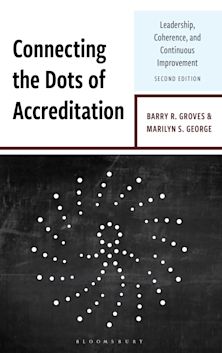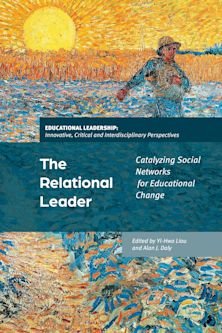- Home
- ACADEMIC
- Education
- Leadership and Management
- Where You Work Matters
Where You Work Matters
Student Affairs Administration at Different Types of Institutions
Where You Work Matters
Student Affairs Administration at Different Types of Institutions
This product is usually dispatched within 3 days
- Delivery and returns info
-
Free CA delivery on orders $40 or over
You must sign in to add this item to your wishlist. Please sign in or create an account
Description
This volume challenges the widely held assumption that the professional practice of student affairs administration transcends the influence of organizational culture. Based on data and commentaries from more than 1,100 practitioners, this book describes how the experience of student affairs administrators varies by institutional type. The findings paint a multifaceted and integrated portrait of the profession. For instance, the standard bearers at liberal art colleges share as much in common with the generalists at comprehensive institutions as they do with the interpreters at religiously affiliated campuses. The specialists at research universities are juxtaposed against the producers at community colleges, however they have closer ties to the change agents at Hispanic-serving institutions. The work of the guardians at historically Black colleges and universities is linked to practice at both liberal arts and community colleges. Where You Work Matters offers current and future administrators a greater appreciation for the vibrancy and complexity of the student affairs profession.
Product details
| Published | Mar 02 2006 |
|---|---|
| Format | Paperback |
| Edition | 1st |
| Extent | 246 |
| ISBN | 9780761834236 |
| Imprint | University Press of America |
| Dimensions | 231 x 155 mm |
| Series | American College Personnel Association Series |
| Publisher | Bloomsbury Publishing |
About the contributors
Reviews
-
Hirt's extensive research as conveyed in Where You Work Matters promises to make a significant contribution to the student affairs field for years to come.
Kathleen Manning, University of Vermont, Journal Of College Student Development

ONLINE RESOURCES
Bloomsbury Collections
This book is available on Bloomsbury Collections where your library has access.



































